The other night, we were at a (really good!) Chinese restaurant with a Chinese friend and her Chinese colleague. Feeling a bit self-conscious as we didn’t know this colleague very well, we were really focused on our Chinese table manners. Handling our chopsticks properly particularly came to mind. During dinner, one question arose: where do we put down our chopsticks? Turns out there are big no-nos in this field. Also, the answer can depend on who you’re talking to. So, today, we’re looking at one aspect of cultural etiquette that is sure to come in handy when eating in China: where to put down your chopsticks!
Chinese chopstick manners 101
Eating etiquette is a big thing in most, if not all, countries in the world. For Westerners, eating etiquette in Asia is particularly daunting. Especially when it comes to the whole “having-to-eat-with-chopsticks” thing. That’s a tricky thing to pick up (no pun intended) at first. There’s the whole fact of having to learn how to pick up food with chopsticks. If you didn’t grow up using chopsticks, this is no small feat! Then, there’s actually managing to use them to feed yourself. Once you’ve mastered that, you’re good to go. Almost. Because another really important thing to know in China is where to put down your chopsticks when you’re not using them.
This is a restaurant, not a funeral
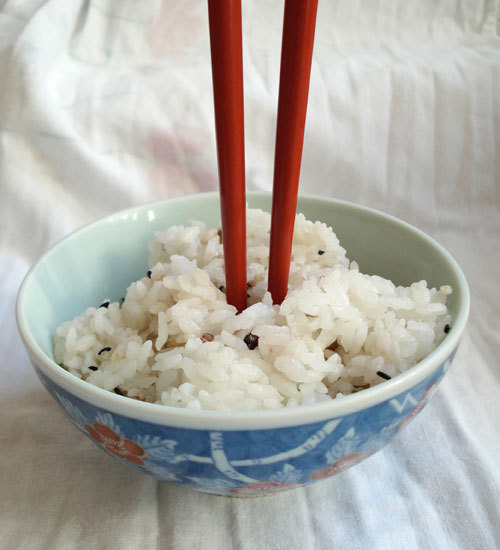
A big Chinese no-no: vertically planted chopsticks.
In China, one of the less respectful things you could do is plant your chopsticks directly in your rice bowl.
This symbolizes death, in the form of an offering for the deceased. Some say this portrays the ritual of incense-burning (in ashes), which symbolizes « feeding » the dead and death in general. Others say it’s because a bowl of rice with upright chopsticks in it is traditionally offered to the spirit of a dead person. In any case, chopsticks placed vertically in rice are strictly reserved for funerals.
Crossing your chopsticks on the table or on your bowl is also considered to be a no-no for the same reason, but the upright-in-rice thing is the worst.
Where to place your chopsticks when you’re not using them
To avoid a chopstick incident, it is recommended to place the chopsticks on the chopstick rest (if provided) or next to your bowl. You can also place them on your bowl when not using them although, for some, chopsticks resting on a bowl means you’re done. If a waiter approaches, just yell something along the lines of « 还没吃完 ! » (hái méi chī wán = I’m not done eating, yet !) For a few other chopstick-related tips, check out this video on what not to do with chopsticks in China:
Are the customs the same throughout China?
Imagine our surprise then, when, during the course of the dinner, this Chinese colleague casually planted his chopsticks in his bowl and left them there to take a break from eating.
Good Chinese food and a surprise
Was what we’d been taught about chopstick planting just a stereotype? Did this actually not matter in China? Did nobody bother about this kind of stuff anymore?
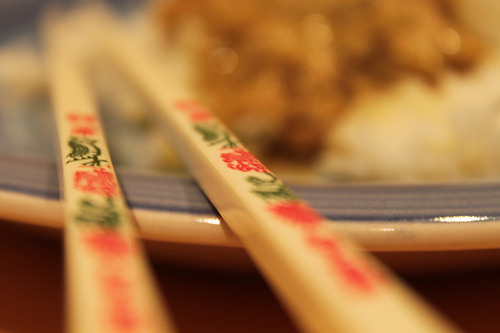
Has chopstick etiquette gone down the drain?
We were quick to ask our Chinese friend (who hadn’t noticed this planting of chopsticks yet). Appalled, she quickly grabbed the chopsticks and placed them next to the bowl, where she considered they belonged.
Planting chopsticks still a no-no, but not in some places
We asked the colleague about this. He explained that where he came from, Wuhan, in the province of Hubei (see map), the same rules didn’t apply. In fact, it was quite the opposite.
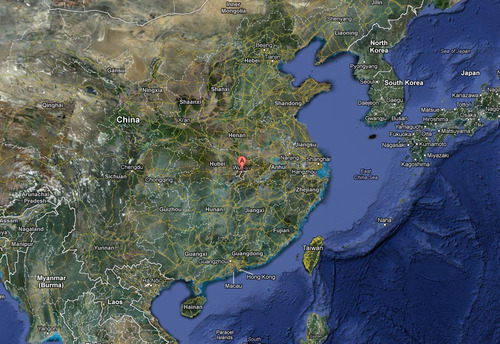
It seems that in Wuhan, people use their chopsticks differently.
Setting your chopsticks down next to your bowl was something he actually considered quite rude and offensive! Where he came from, planting chopsticks was the norm. This was a good lesson for us and a reminder that China being the size of a continent, it is unrealistic to expect the same customs and table manners everywhere in the country! So, before you go to China, make sure you read up on proper Chinese cultural etiquette, but be prepared to also learn a bunch of different local rules when you’ve landed in your destination of choice! Did you learn any other customs during your travels in China? And, by all means, wherever you are, don’t let all this keep you from enjoying the mouth-watering, delicious food you’ll eat in China! Because now you know how to feel like a sir when using chopsticks in a restaurant! Happy feasting!

title photo credit: wallyg via photopin
The Nincha Team
Stay in touch with us on Facebook, Twitter, Instagram, and Pinterest.


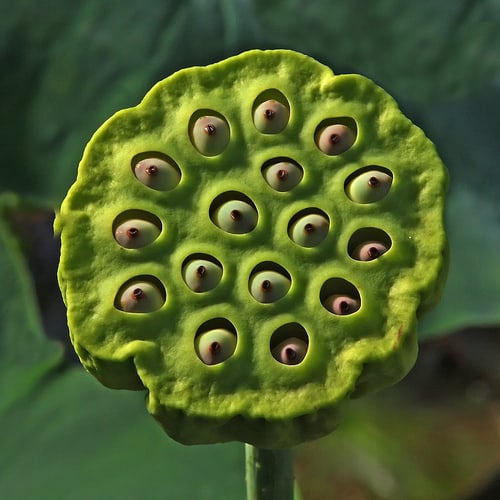
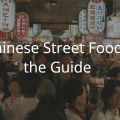

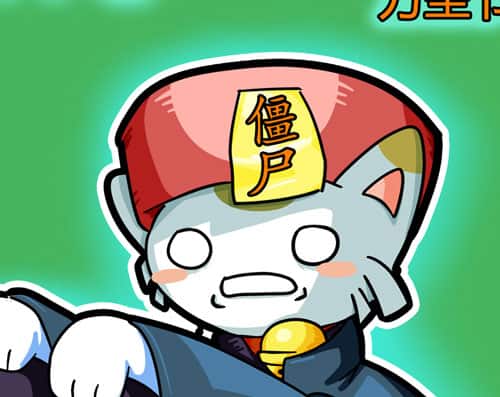
3 comments
Join the conversationgạch mosaic - July 30, 2014
mình đang cần tìm hiểu thông tin về lĩnh vực này
Pingback: Unexpected Chinese Customs and Beliefs
Pingback: Eating out in China - 5 tips you need to know - Ninchanese
Comments are closed.